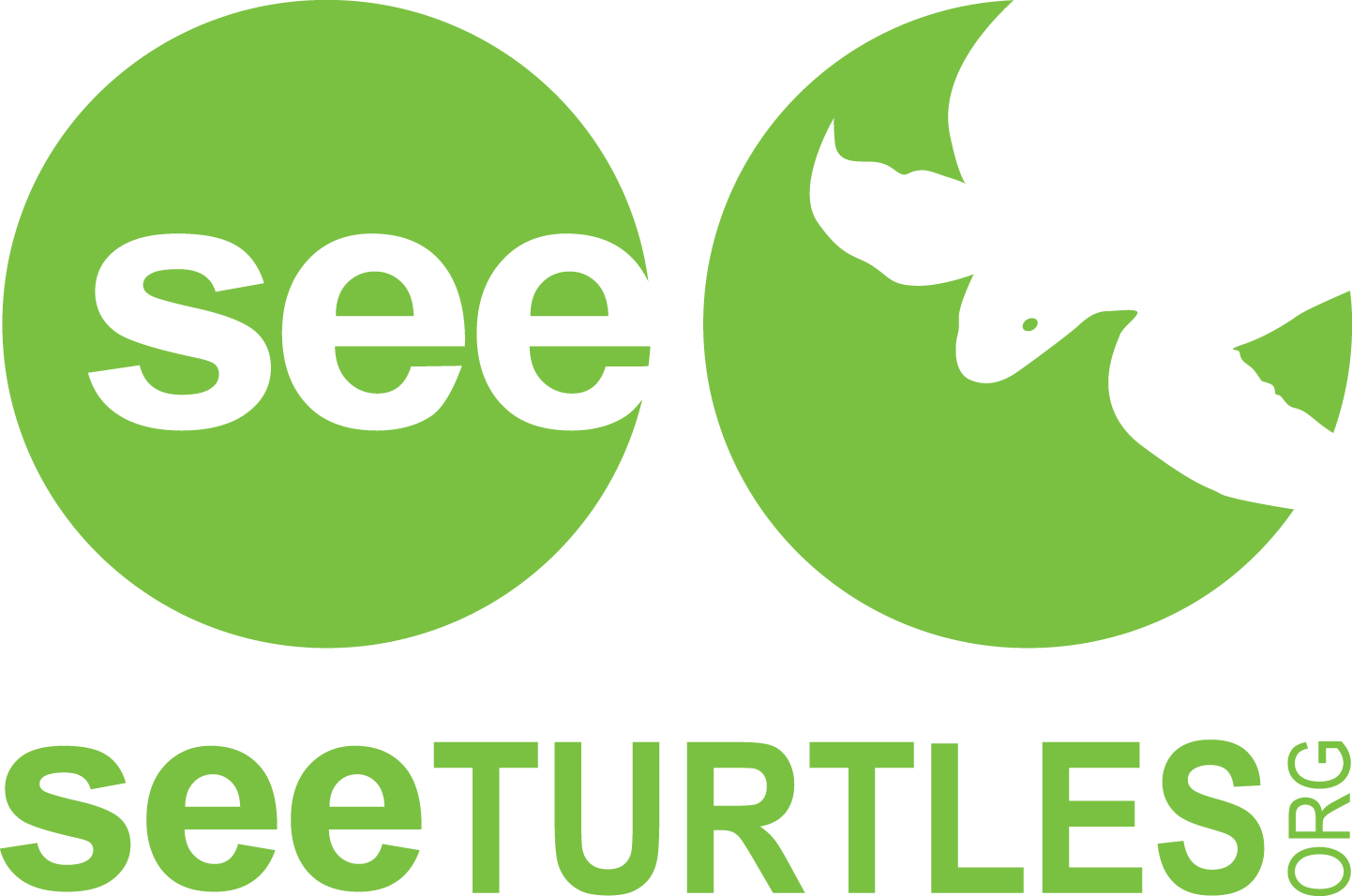Billion Baby Turtles Update - July 2021
Billion Baby Turtles continues to grow and the project now helps to fund more than 30 different nesting beach conservation programs around the world. Here is an update from some of our current partners.
So far in 2021, we have provided $115,000 in grants to 22 sea turtle conservation organizations around the world and are on pace to provide a record amount of funding this year. Thanks so much to all of the individuals, businesses, students, foundations, and others who have helped this program grow every year since our start!
Jiquilisco Bay, El Salvador (ProCosta)
SEE Turtles has partnered with ProCosta and the Eastern Pacific Hawksbill Initiative (ICAPO) since launching Billion Baby Turtles in 2011, supporting the work at Jiquilisco Bay, one of the most important nesting areas for Eastern Pacific hawksbills in the region. This past season at Jiquilisco Bay, there were 299 hawksbill nests, of which only two were illegally collected. This tremendous effort resulted in more than 18,000 hatchlings reaching the ocean while benefitting 187 local families involved in the conservation work. The great news is that this population continues to grow; of the 85 turtles that ProCosta observed, nearly half (40 turtles) were untagged, meaning that they are likely new nesting turtles.
Hawksbill hatchling from El Salvador (Photo: ProCosta)
This is the tenth year that Billion Baby Turtles has supported this effort; our financial support has helped to save an estimated 111,000 hatchlings since 2011, providing more than US $50,000 in funding. This season, our support helped to save an estimated 10,000 hatchlings.
Learn more about ProCosta here (Facebook).
Paria Gulf, Venezuela (ProVita)
Billion Baby Turtles started supporting this project in 2020 as part of our Sea Turtle Emergency Fund, which helped projects impacted by the pandemic. During the past season, the project had 94 hawksbill nests which produced more than 2,500 hatchlings. Scarcity of fuel and funding reduced the patrolling that was done but with our support, they were able to maintain the rate of illegal collection of nests under 5%.
Hawksbill turtle from Venezuela (Photo: Clemente Balladares)
According to project director Clemente Balladares, Billion Baby Turtles funding helped the project to survive the fuel scarcity and the first difficult months of the pandemic and now the project is paying the best salaries of any turtle project in the country. Billion Baby Turtles started providing funding for this work in 2020 which we estimate to save approximately 15,000 hatchlings (8,000 hatchlings in 2021) with US $7,000 in grants.
Los Brasiles, Nicaragua (Sos Nicaragua)
Sos Nicaragua is a social enterprise that focuses on conservation and sustainable tourism and has worked at Los Brasiles since 2019 to protect three sea turtle species. The main species they protect at this beach is the olive ridley, of which they had 102 nests, producing nearly 9,000 hatchlings. They also in 2020 had one hawksbill and one green turtle nest, releasing 69 and 37 hatchlings respectively from those nests. Illegal collection continues to be a major issue in this area and with limited funds, Sos Nicaragua was only able to monitor one-third of the beach. They registered 109 nests collected illegally, making it clear that the 100+ nests they protected would otherwise likely have been collected as well.
Olive ridley hatchling from Nicaragua (photo: Sos Nicaragua)
This program uses incentive payments for local residents to bring eggs to their hatchery to be guarded until they hatch. Billion Baby Turtles funds provided more than US $1,200 for these payments in 2020, which benefitted 21 local families in four communities, which was valuable income during the pandemic when little other work was available. Billion Baby Turtles has supported this organization since 2017, providing a total of roughly US $9,000, which has helped to save approximately 17,000 hatchlings.
Learn more about Sos Nicaragua here.
Playa Larga, Panama (Sea Turtle Conservancy)
This beach, located in the Bastimentos National Marine Park, is part of one of the most important areas for hawksbill nesting in the world. The Sea Turtle Conservancy, under the management of Drs. Anne & Peter Meylan, has worked with the Ngäbe-Buglé indigenous community since 2003 to study and protect hawksbills nesting on this beach and nearby beaches. In 2020, there were a total of 121 hawksbill nests identified inside and near the park. Due to increased illegal collecting due to the pandemic, one quarter (31) of the nests were taken. Of the remaining nests, an estimated 10,018 hatchlings survived.
Billion Baby Turtles has supported this work since 2019, providing nearly US $20,000 in grants, helping to save an estimated 67,000 hawksbill hatchlings.
Project staff Arcelio with a nesting hawksbill (Photo: Peter & Anne Meylan)




